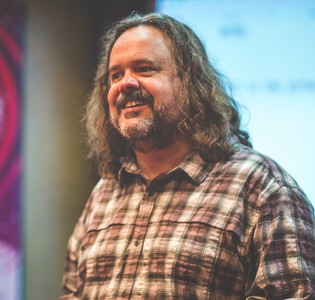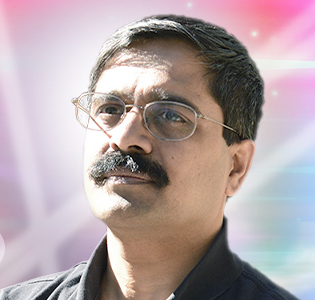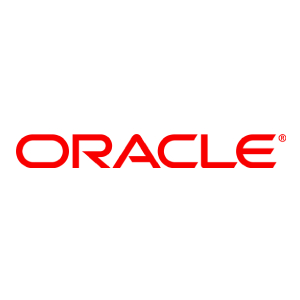
“Once again Saltmarch has knocked it out of the park with interesting speakers, engaging content and challenging ideas. No jetlag fog at all, which counts for how interesting the whole thing was.”
Cybersecurity Lead, PwC

“Very much looking forward to next year. I will be keeping my eye out for the date so I can make sure I lock it in my calendar.”
Software Engineering Specialist, Intuit

“Best conference I have ever been to with lots of insights and information on next generation technologies and those that are the need of the hour.”
Software Architect, GroupOn

“Happy to meet everyone who came from near and far. Glad to know you've discovered some great lessons here, and glad you joined us for all the discoveries great and small.”
Web Architect & Principal Engineer, Scott Davis

“Wonderful set of conferences, well organized, fantastic speakers, and an amazingly interactive set of audience. Thanks for having me at the events!”
Founder of Agile Developer Inc., Dr. Venkat Subramaniam

“What a buzz! The events have been instrumental in bringing the whole software community together. There has been something for everyone from developers to architects to business to vendors. Thanks everyone!”
Voltaire Yap, Global Events Manager, Oracle Corp.
For years, software teams struggled with the complexity of large monolithic applications, leading to a shift towards microservices. However, microservices bring their own operational overhead, increased latency, and distributed complexity. Is there a middle ground where we can achieve the best of both worlds?
Enter Modular Monolith Architecture—a structured approach that retains the simplicity of monoliths while leveraging modularization principles to enable scalability and maintainability.
In this session, we’ll explore how to build Modular Monoliths using Spring Boot and Spring Modulith, taking advantage of modern architectural patterns and tools. Through live examples, we will cover:
Key Takeaways
Target Audience
Join this session to rethink monolithic architectures with a modular approach, and learn how Spring Modulith can help build future-proof applications.